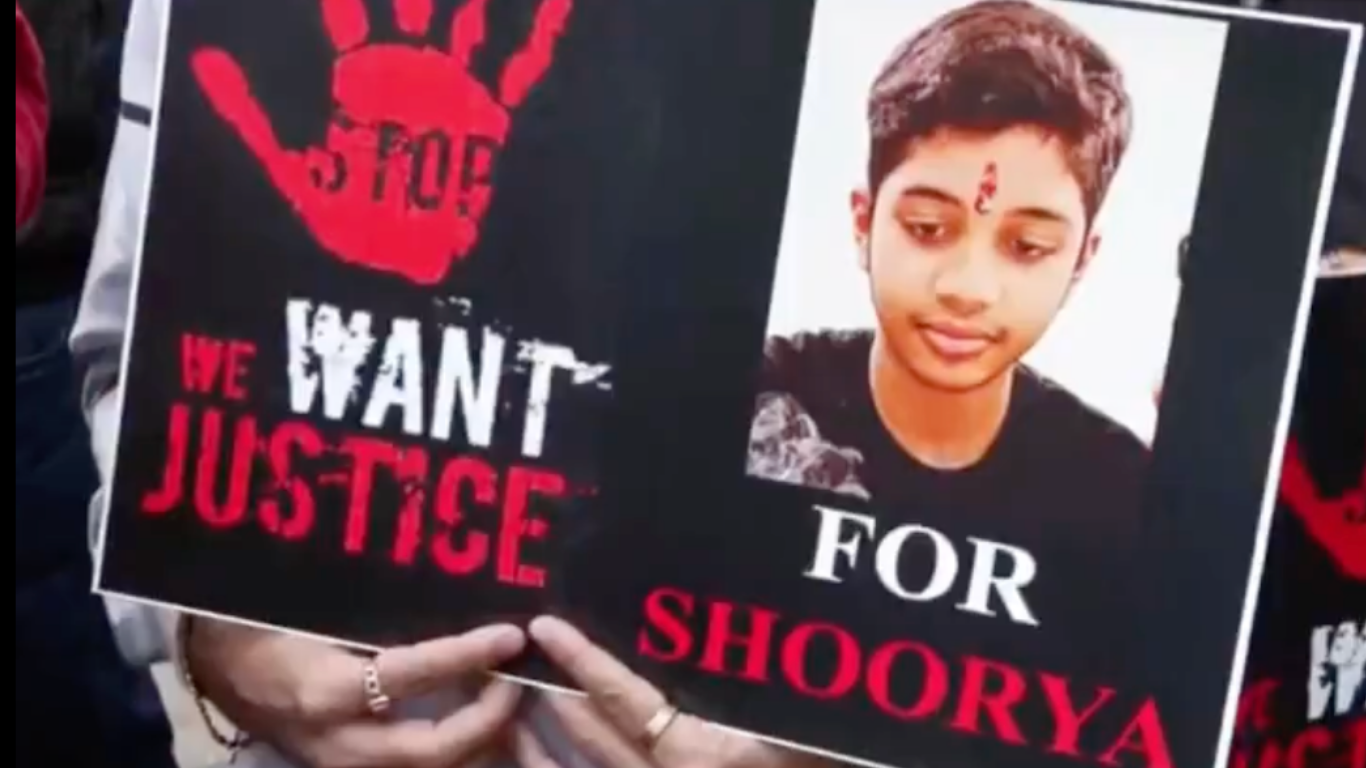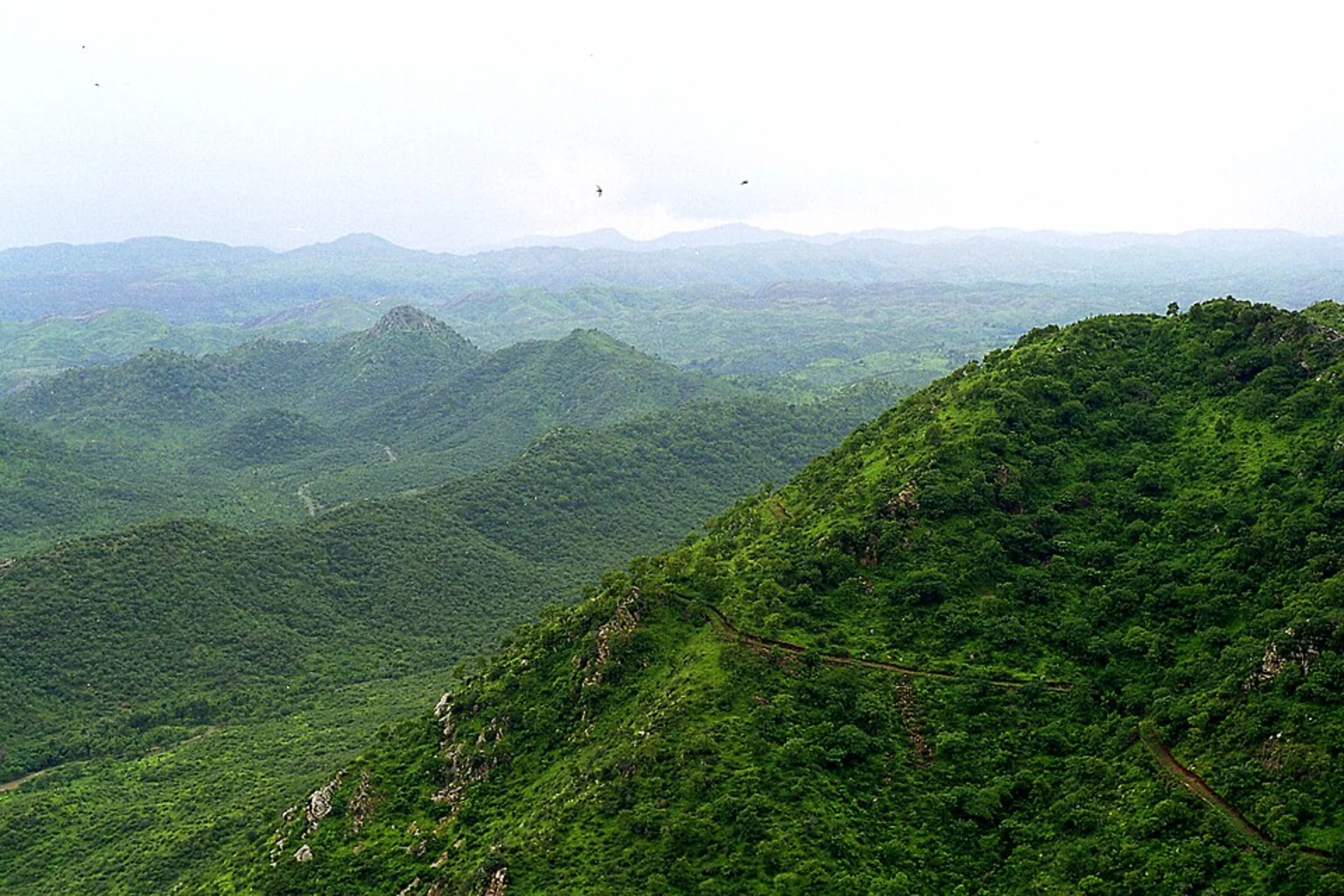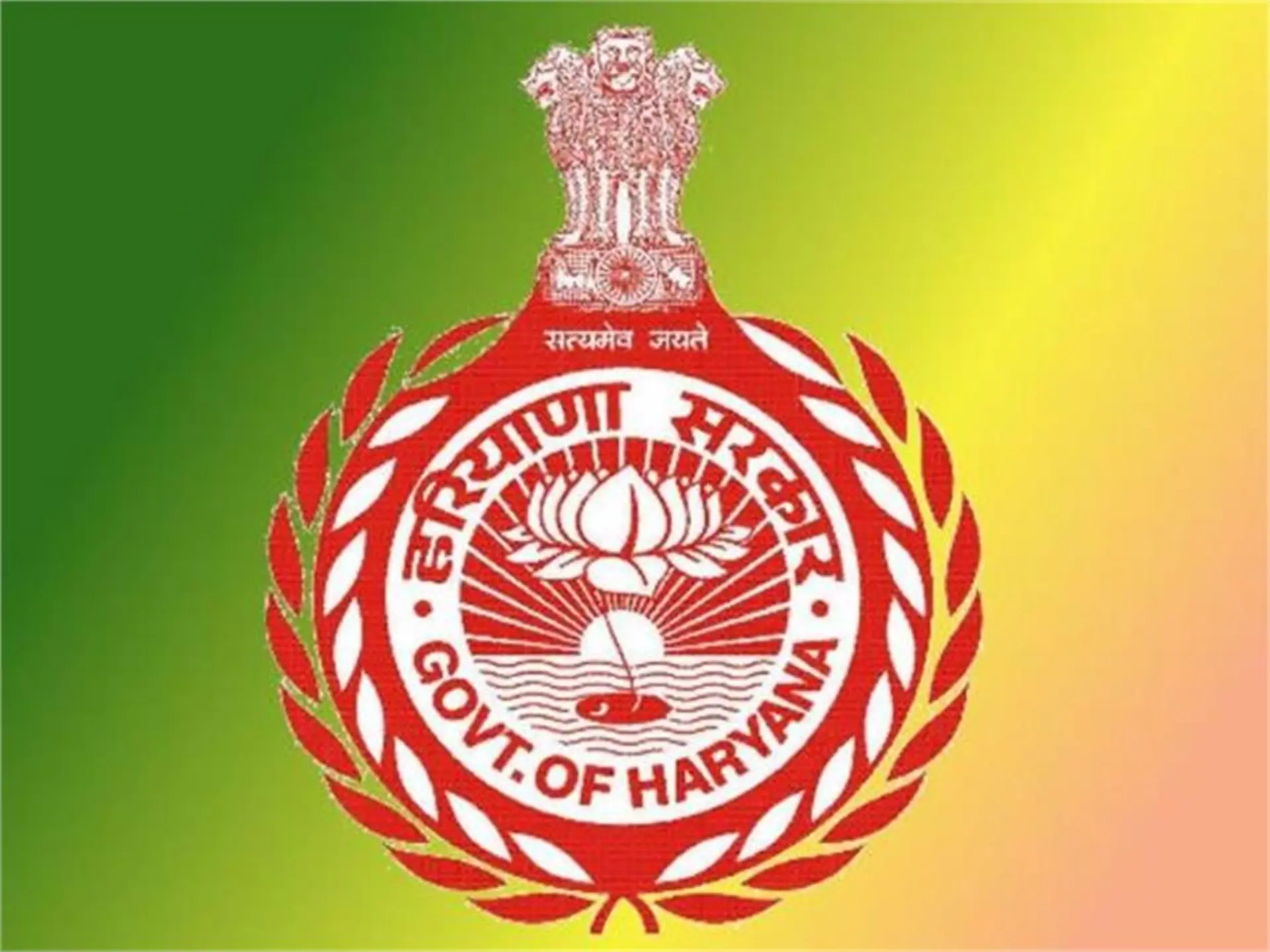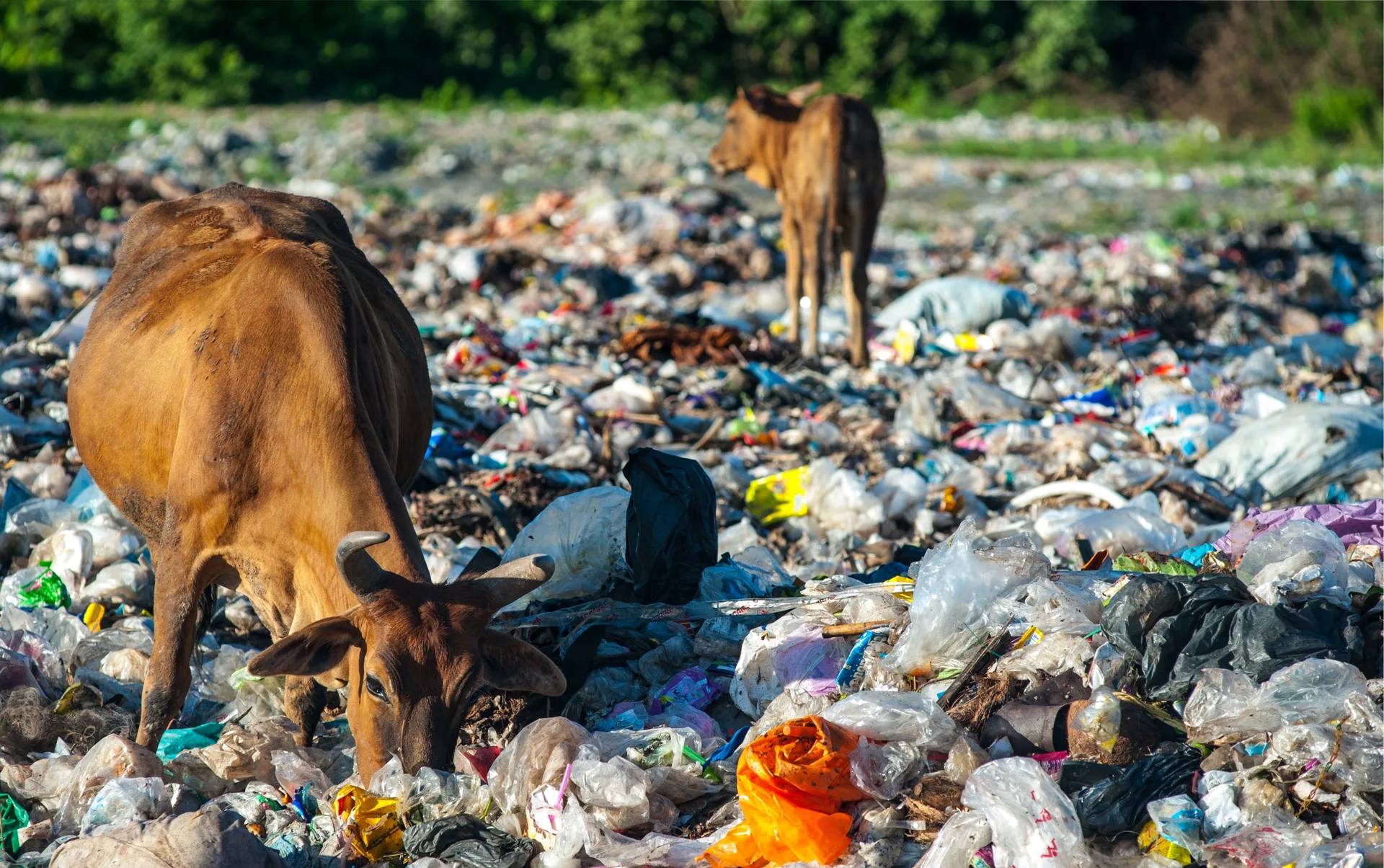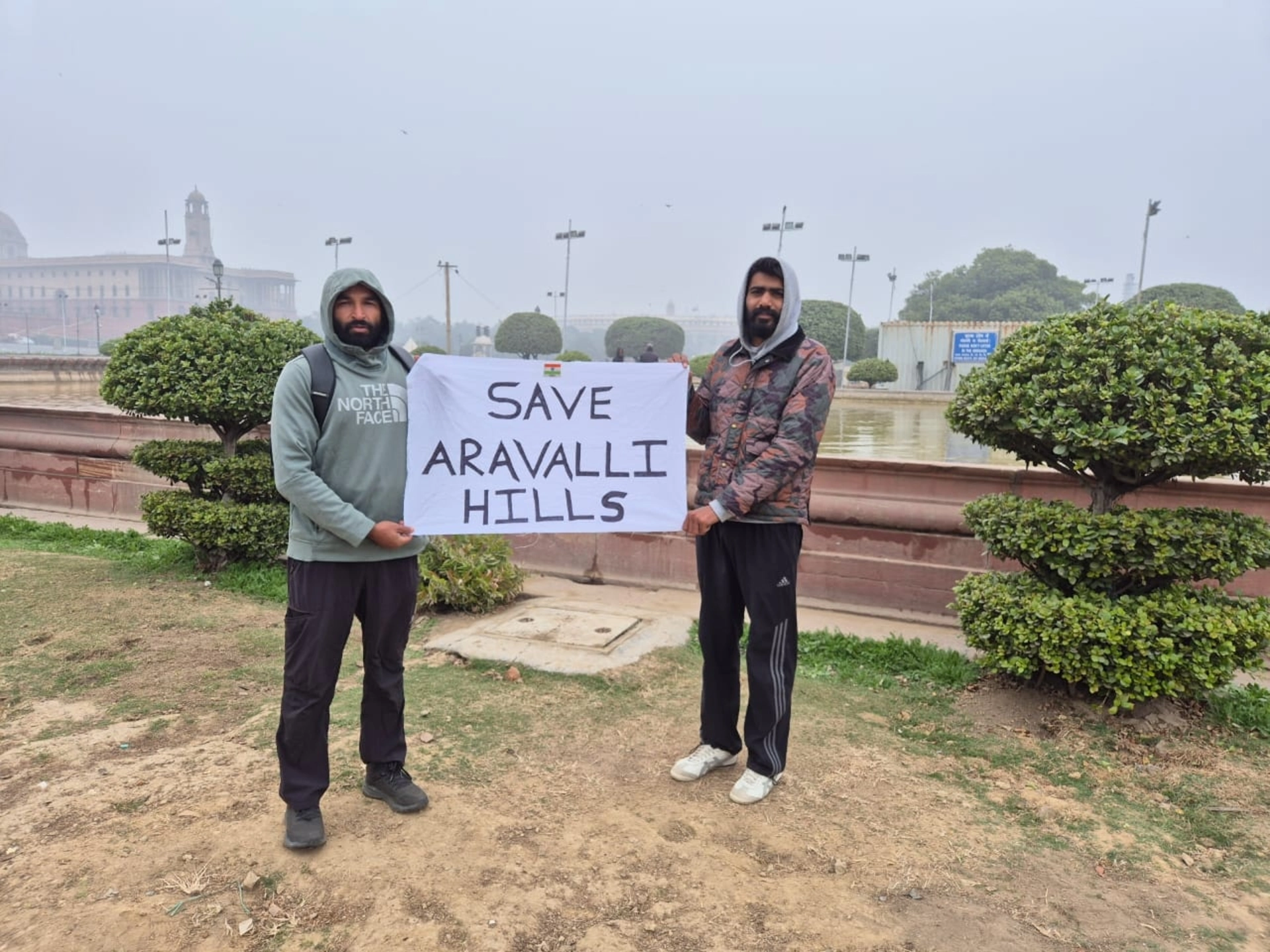
Fifty years ago, on June 25, 1975, India experienced one of its most challenging periods when then Prime Minister Indira Gandhi declared a state of Emergency. This decision, which lasted 21 months, is widely regarded as the darkest chapter in India's democratic history.
Prime Minister Narendra Modi, addressing the first session of the new Lok Sabha on Monday, described the Emergency as a "black spot" on India's democracy. He urged the new generation of Indians to never forget how the Constitution was "completely rejected" and the country was "turned into a prison."
The events leading to the Emergency began with a court case. On June 12, 1975, the Allahabad High Court found Indira Gandhi guilty of electoral malpractices in her 1971 election victory. The court barred her from holding elected office for six years. This verdict, coupled with widespread protests and economic challenges, led Gandhi to advise President Fakhruddin Ali Ahmed to declare a state of Emergency. During the Emergency, fundamental rights of citizens were suspended, political opponents were jailed, and strict censorship was imposed on the press. The government also implemented controversial policies, including a mass sterilization program led by Sanjay Gandhi, Indira's son.
The Emergency had far-reaching consequences. When it was lifted in 1977 and elections were held, the Congress party suffered a historic defeat. The Janata Party, led by Morarji Desai, formed India's first non-Congress government at the center.
Looking back, the Emergency serves as a reminder of the fragility of democratic institutions and the importance of protecting civil liberties. PM Modi's recent comments reflect a continuing effort to ensure that this chapter of history is not forgotten. As India commemorates this somber anniversary, it's an opportunity for citizens to reflect on the value of democracy and the need for eternal vigilance to protect it. The events of 1975-77 continue to shape political discourse in India, serving as a cautionary tale about the dangers of unchecked power.
The Emergency's legacy is complex. While it's remembered as a time of repression, it also sparked a renewed commitment to democratic values among many Indians. The press, which faced severe restrictions during the Emergency, emerged with a stronger dedication to its watchdog role.
As India continues to evolve as the world's largest democracy, the lessons of the Emergency remain relevant. They underscore the importance of strong institutions, an independent judiciary, and a free press in maintaining a healthy democracy.
related

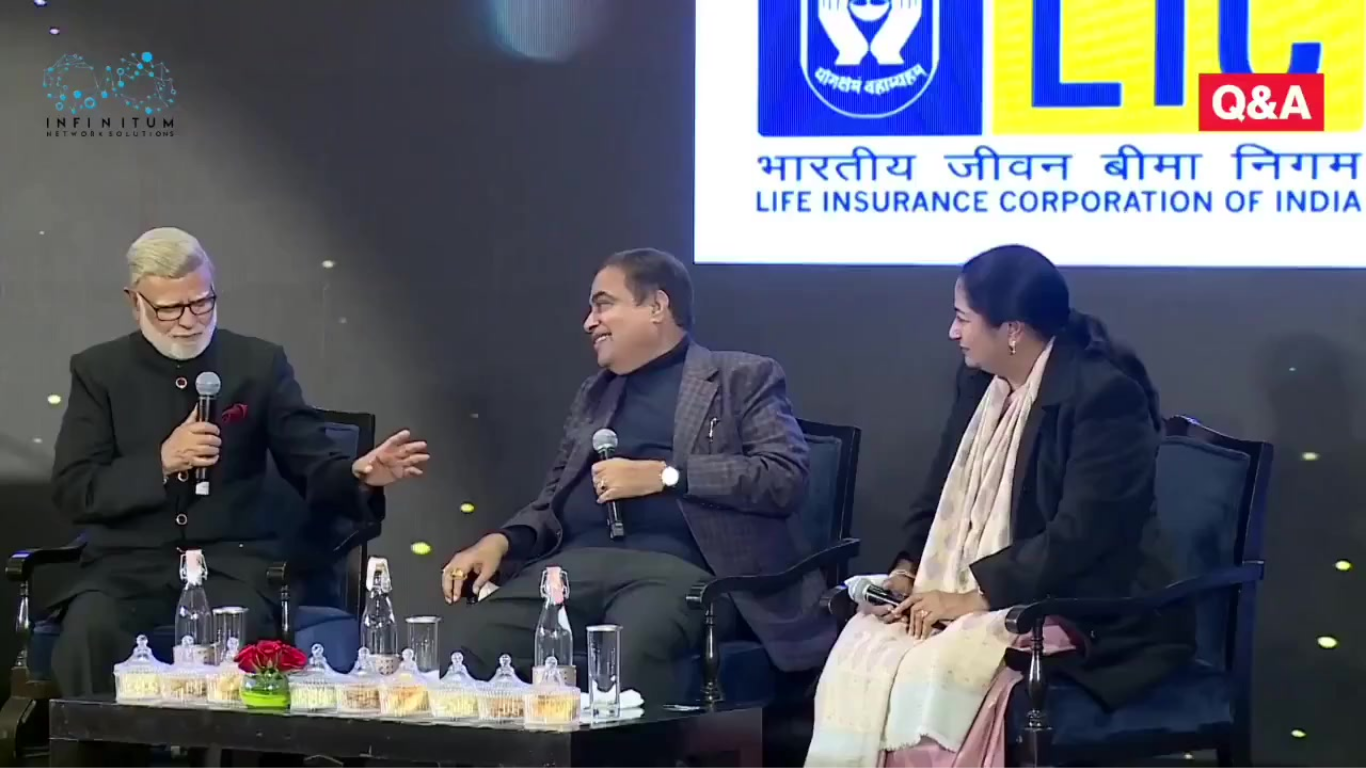
₹60,000 Crore Spent, But Gurugram Still Choked: Gadkari Deflects Infrastructure Question With Auto Industry Pitch

Laying the Strongest Foundation Education Reform Language Empowerment and India’s Path to AI Sovereignty
